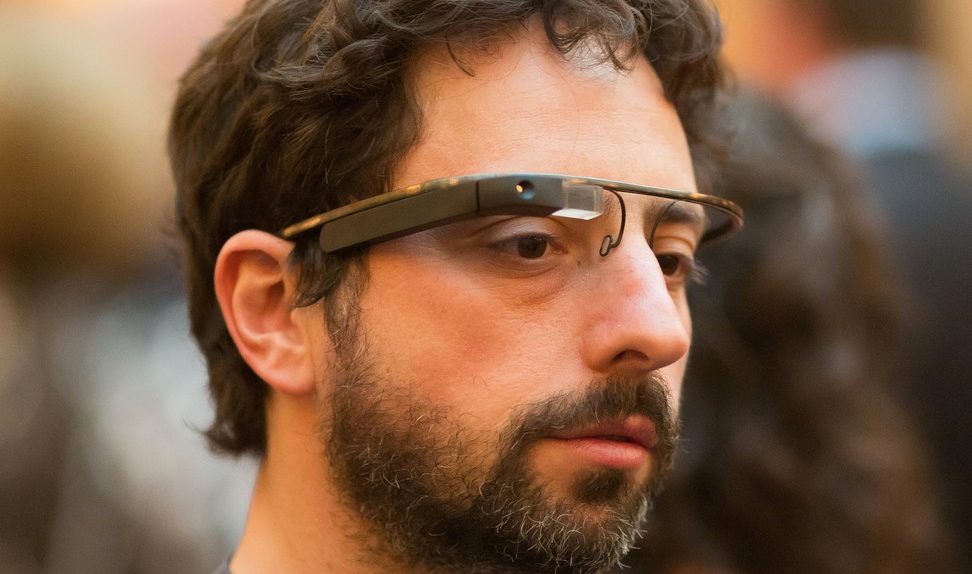Google is probably the most unique company that I’ve ever observed, especially when it comes to being vastly more open about its innovation process than other companies. In contrast to Apple, which displays a comical obsession with secrecy, Google has no issues with opening up its garage door and showing you what it’s working on, even if it isn’t anywhere close to being finished.
As I’ve argued in the past, I don’t think either approach is “right” or “wrong” since both companies are very successful at what they do. However, there are some definite plusses and minuses to both approaches that this year’s Google I/O helps illustrate.
First, the good: Google’s culture encourages its developers to think big, whether it’s creating computerized headsets like Google Glass, weather balloons that deliver Internet services or driverless cars that could save thousands of lives every year. So if you’re an engineer with a big, crazy idea, you might be more attracted to Google because it’s more likely to give you a platform to create your dream and help you promote it.
The downside, though, is that this also means that your wild ideas can be put up for public consumption long before they’re ready for primetime. Take Google Glass, for example — audiences were absolutely dazzled by the prospect of Glass two years ago as it was the first real wearable computer that promised to give us all our important notifications and information whenever we wanted them right on our eyes.
Two years later, it’s clear that Google didn’t really think the ramifications of Glass through. Many people are very uncomfortable with it and its users have become the fodder for late-night comedians when they say they want to use Glass as “an interface between you and the real world.” At this point Google has completely lost its ability to shape the narrative around Glass, which is likely one reason why it never mentioned the headset during its big I/O keynote.
Google doesn’t seem all that concerned about this, however: If one of the company’s projects doesn’t live up to its expectations, it’s shown no hesitation to kill it off and chop it into bits. While this hasn’t happened with Glass, we can certainly see it’s happened with Google+, the little-loved social network that was featured prominently in 2013 but that was given the Orwellian “unperson” treatment at I/O this year. Just a year ago Google+ was seen as the glue that held all Google’s services together, while this year it seems that Android has taken over that role.
Again, none of these downsides has really hurt Google since the company keeps cranking out new “moonshots” and it still gets a lot of deserved positive press for being one of the world’s most innovative companies. But just because Google encourages its engineers to take risks and gives its the freedom to fall on their faces, that doesn’t mean the company will let them do it indefinitely. Unlike, say, Microsoft’s efforts to try to make the Zune work for years, Google is not overly wedded to its mistakes.






